Contests & Giveaways | October 2014
Each month we feature free and enjoyable book contests and giveaways!
We hope you will enjoy the following opportunities as well as the author and book resources available via TeachingBooks.net.
Win a free copy of Arto’s Big Move (Elementary)
Arto…

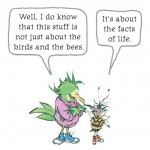
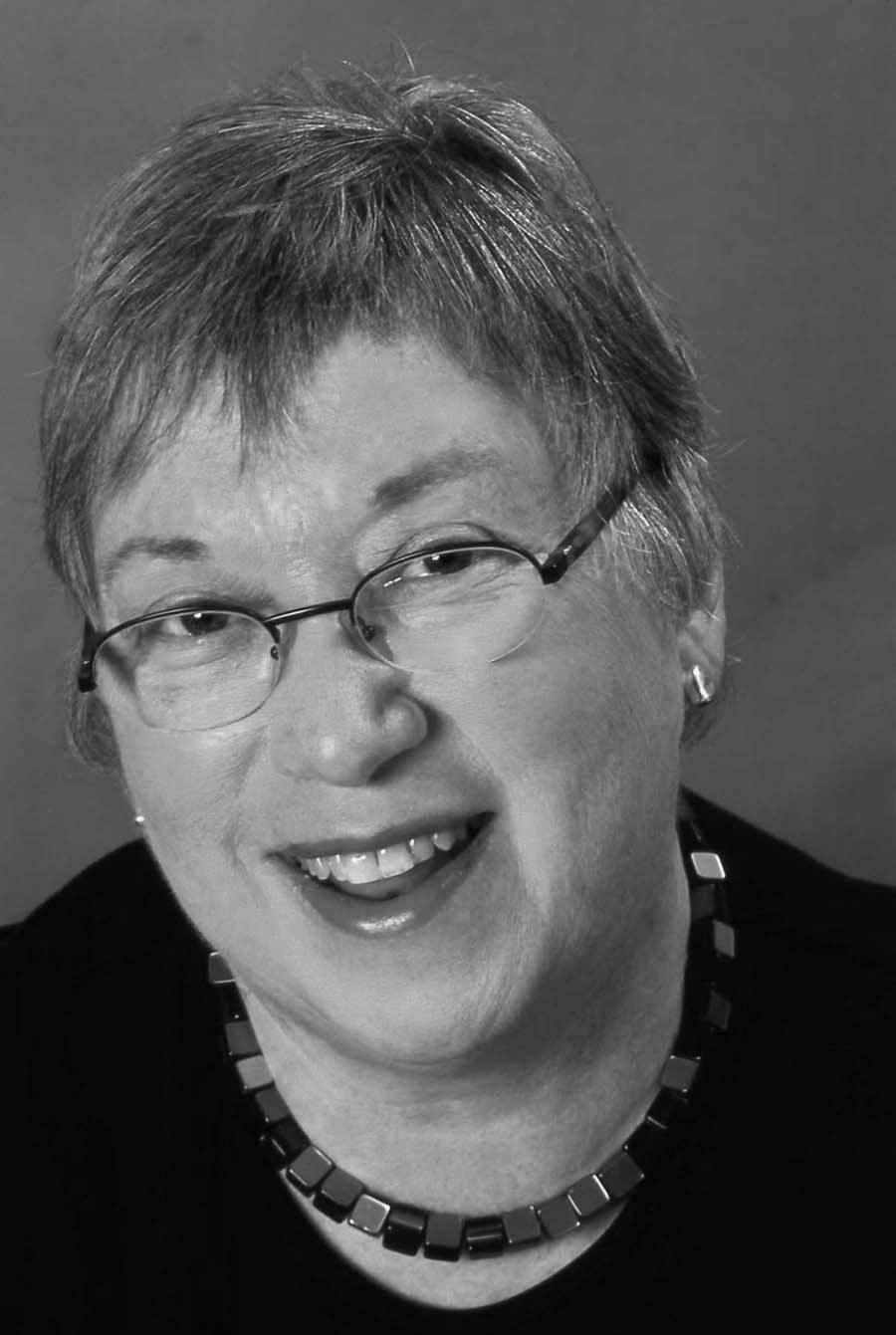 For the past twenty years, people have been asking me how I came to write It’s Perfectly Normal: A Book about Changing Bodies, Growing Up, Sex, and Sexual Health (Candlewick, 1994). It all began when an editor asked if I would be interested in writing a book for preteens and teens about AIDS. At the time, I didn’t know enough about AIDS to write a responsible book about the disease. But I surprised myself when I answered that what I would write was a comprehensive book that would answer almost every question this audience had about sexual health.
For the past twenty years, people have been asking me how I came to write It’s Perfectly Normal: A Book about Changing Bodies, Growing Up, Sex, and Sexual Health (Candlewick, 1994). It all began when an editor asked if I would be interested in writing a book for preteens and teens about AIDS. At the time, I didn’t know enough about AIDS to write a responsible book about the disease. But I surprised myself when I answered that what I would write was a comprehensive book that would answer almost every question this audience had about sexual health.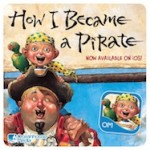
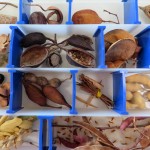
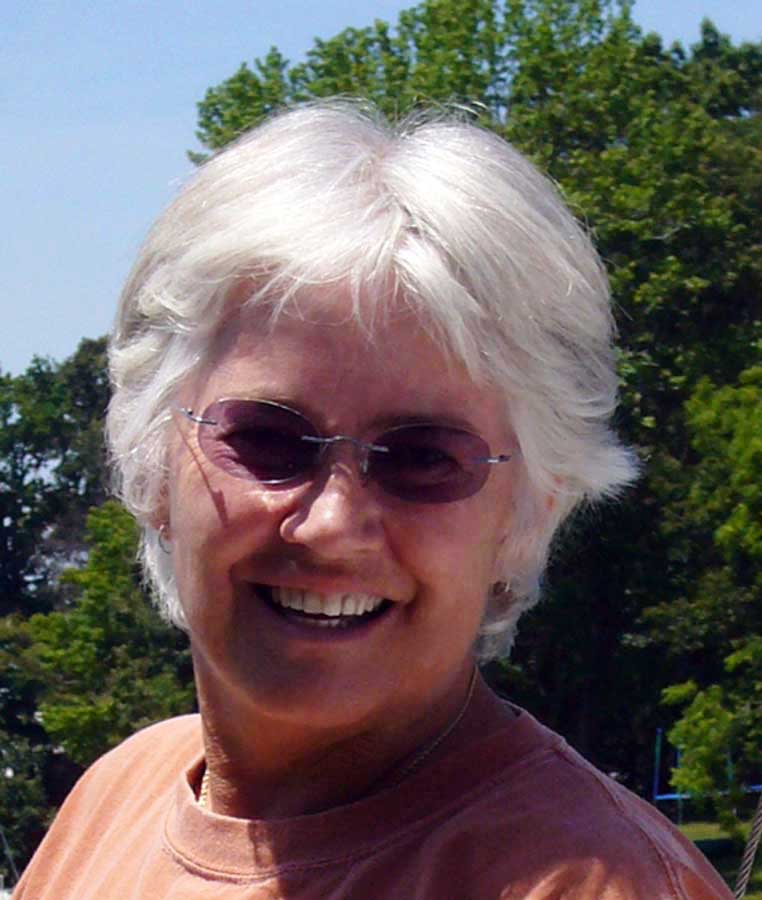 My interest in the natural world began early. It stemmed from my mother’s infectious excitement on hearing the song of an oriole, then finding its intricate hanging nest at the top of a nearby cottonwood tree. And from my father’s comments on the geology of the landscapes streaming past our car windows on our annual summer vacations—the alluvial fans, volcanic cones, scarp and dip slopes, and the forces that created them billions of years ago. My father also taught us the names of constellations and studied the bark of trees during our woodland walks.
My interest in the natural world began early. It stemmed from my mother’s infectious excitement on hearing the song of an oriole, then finding its intricate hanging nest at the top of a nearby cottonwood tree. And from my father’s comments on the geology of the landscapes streaming past our car windows on our annual summer vacations—the alluvial fans, volcanic cones, scarp and dip slopes, and the forces that created them billions of years ago. My father also taught us the names of constellations and studied the bark of trees during our woodland walks.
 Good morning, Nick.
Good morning.
Thank you for meeting with me. I know it’s early.
No problem. I appreciate the invitation.
So, how often do you actually talk to yourself in the mirror?
Oh, not as often as you might think. Sometimes if there’s no mirror around, I hold two tin cans with a string attached up to each of my ears. It’s like I’m playing telephone with myself!
That’s pretty neat.
Thank you. I invented it myself.
So, what do you want to talk about today? Fragment sentences? Maybe: we could talk about, improper use; of punctuation - marks!
No, I’d rather talk about creative writing and the tax code.
Good morning, Nick.
Good morning.
Thank you for meeting with me. I know it’s early.
No problem. I appreciate the invitation.
So, how often do you actually talk to yourself in the mirror?
Oh, not as often as you might think. Sometimes if there’s no mirror around, I hold two tin cans with a string attached up to each of my ears. It’s like I’m playing telephone with myself!
That’s pretty neat.
Thank you. I invented it myself.
So, what do you want to talk about today? Fragment sentences? Maybe: we could talk about, improper use; of punctuation - marks!
No, I’d rather talk about creative writing and the tax code.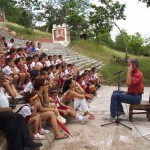
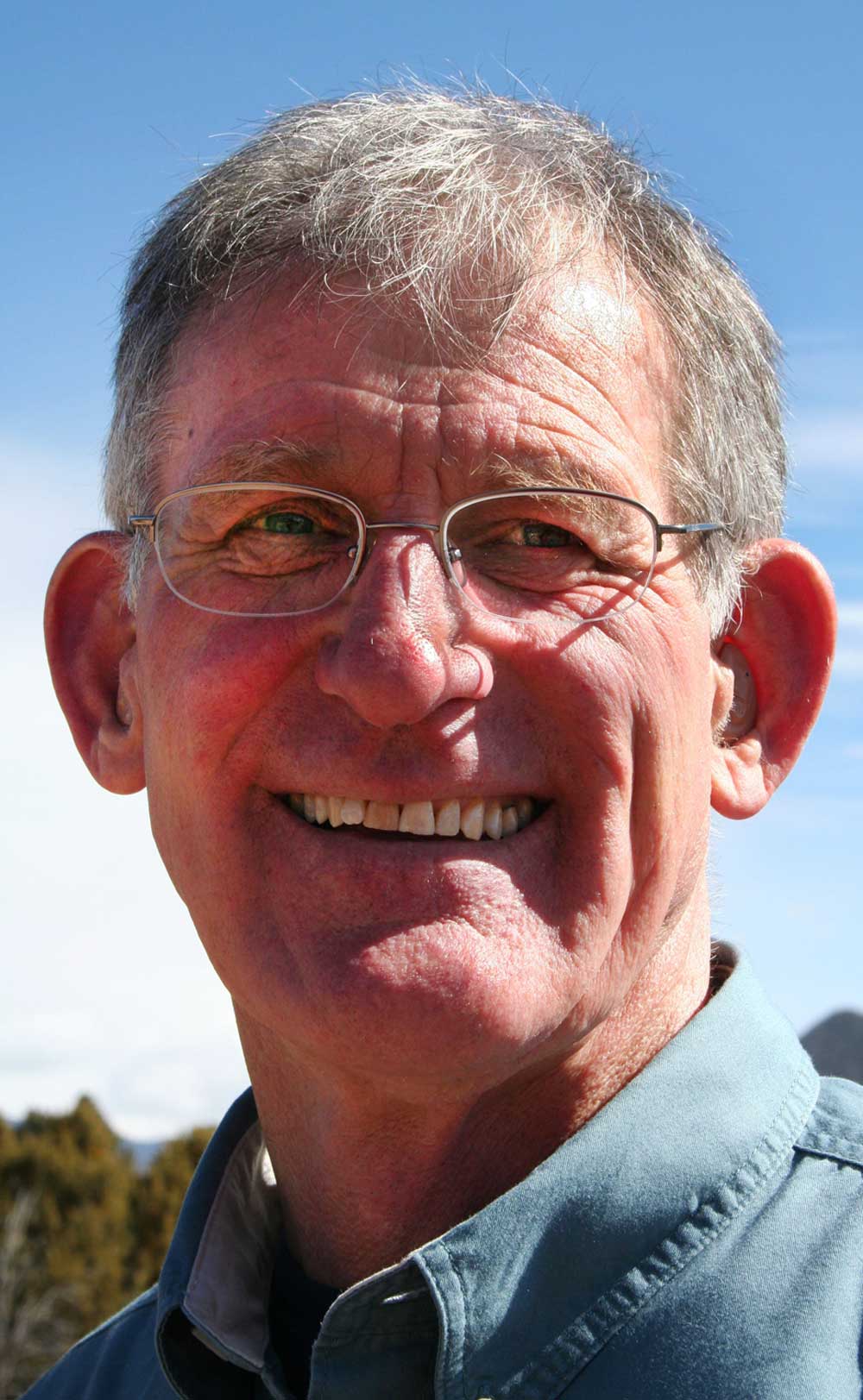 The most important thing I tell children when I visit schools is this: writing is sharing. I explain to them that an author isn’t someone special. An author is just someone who wants to share something, and decides to write about it. “If you become interested in something,” I tell students, “you should write about it.” I like old, traditional stories—especially those from the American Southwest. When I run across a tale that excites my imagination, I start re-imagining it and developing a version that I think will entertain children and suit my style of storytelling.
The most important thing I tell children when I visit schools is this: writing is sharing. I explain to them that an author isn’t someone special. An author is just someone who wants to share something, and decides to write about it. “If you become interested in something,” I tell students, “you should write about it.” I like old, traditional stories—especially those from the American Southwest. When I run across a tale that excites my imagination, I start re-imagining it and developing a version that I think will entertain children and suit my style of storytelling.